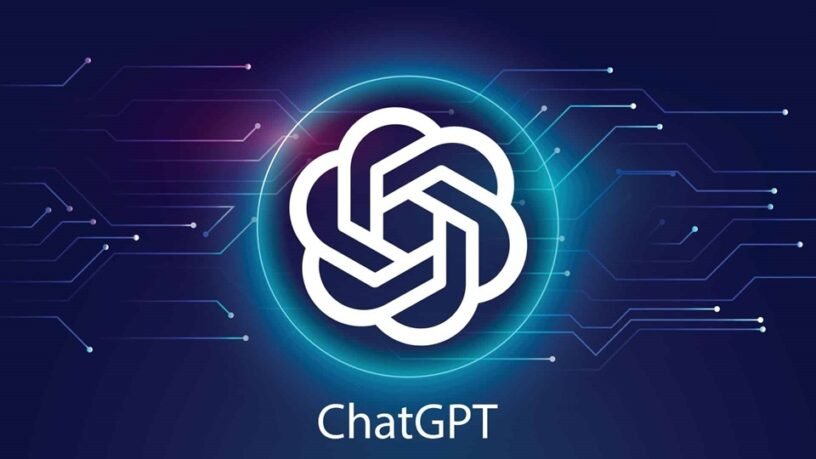Table of Contents
Introduction
ChatGPT, a powerful AI chatbot developed by OpenAI, has taken the world by storm. Its ability to generate human-quality text, translate languages, write different kinds of creative content, and answer your questions in an informative way has sparked a lot of curiosity. But with any new technology, questions arise. Let’s delve into some of the most frequently asked questions about ChatGPT:
1. What is ChatGPT and what can it do?
ChatGPT is a large language model (LLM) trained on a massive dataset of text and code. This allows it to communicate and generate human-like text in response to a wide range of prompts and questions. Here are some of its capabilities:
- Answering Your Questions: Imagine having a knowledgeable friend who can answer your questions on almost any topic. ChatGPT can provide summaries of factual topics, explain complex concepts, and even offer different perspectives on an issue.
- Creative Text Generation: Feeling uninspired? ChatGPT can help you with writer’s block by composing poems, scripts, musical pieces, email drafts, and even letters in different styles.
- Code Generation: Stuck on a coding problem? ChatGPT can assist you by generating code snippets or translating between different programming languages.
Real-life Example: A student can use ChatGPT to research a historical event and get a concise summary of the key points. A marketing team can leverage it to brainstorm creative taglines for their new product launch.
2. Is ChatGPT free to use?
OpenAI offers limited access to ChatGPT through their API (Application Programming Interface) with a pay-per-use model. This means you only pay for the amount of text you generate or process. However, there are also third-party services that offer access to ChatGPT functionalities, and their pricing structures can vary.
3. Is ChatGPT safe and reliable?
While ChatGPT is impressive, it’s important to remember it’s still under development. Here are some things to keep in mind:
- Accuracy: ChatGPT’s responses are based on the data it was trained on, which might not always be entirely accurate or up-to-date. It’s crucial to double-check factual information from other reliable sources.
- Bias: ChatGPT can inherit biases present in the training data. Be aware of potential biases in its responses and consider alternative perspectives.
- Misinformation: In the wrong hands, ChatGPT could be used to generate fake news or misleading content. It’s vital to be critical of the information it provides.
4. What’s the future of ChatGPT?
ChatGPT represents a significant step forward in AI language models. As technology advances, we can expect to see even more sophisticated capabilities from ChatGPT and similar AI systems. Potential future applications include:
- Personalized Education: ChatGPT could be used to create customized learning experiences for students.
- Enhanced Customer Service: AI chatbots powered by ChatGPT could provide more natural and helpful interactions for customers.
- Content Creation Revolution: ChatGPT might assist writers, journalists, and marketers in generating different content formats more efficiently.
5. Does ChatGPT have access to the internet and current events?
No, the current version of ChatGPT (as of June 2024) does not have real-time access to the internet. It’s trained on a massive dataset of text and code, but this data has a specific cutoff date. This means ChatGPT might not be aware of events or information that occurred after that date.
Real-life Example: If you ask ChatGPT “Who is the current president of the United States?” in June 2024, it should be able to answer correctly. However, if you ask about a recent news event, it might be unable to provide any information.
6. Can I have a conversation with ChatGPT?
Yes! ChatGPT is designed for conversational interaction. You can ask it questions, provide prompts, or even have an open-ended discussion on a topic. However, keep in mind that conversations might not always be perfectly coherent or stay on track, as ChatGPT is still under development.
7. Is ChatGPT creative or is it just copying existing text?
ChatGPT can be quite creative! While it draws from its massive dataset, it can combine information and concepts in new ways to produce original text formats like poems, scripts, or musical pieces. However, it’s important to remember that the originality can vary depending on the prompt and the specific task.
8. Can I use ChatGPT to write code for complex applications?
While ChatGPT can generate code snippets and translate between programming languages, it shouldn’t be solely relied upon for building complex applications. The code it produces might require debugging and might not be entirely optimized or secure. It’s best to consider ChatGPT as a helpful assistant for coding tasks, not a complete replacement for experienced programmers.
9. Is ChatGPT sentient or conscious?
ChatGPT is a powerful language model, but it’s not sentient or conscious. It can process information and respond in a way that mimics human conversation, but it doesn’t have its own thoughts or feelings.
10. How can I learn more about ChatGPT and similar AI advancements?
There are many resources available online to delve deeper into the world of large language models like ChatGPT. OpenAI itself publishes research papers and blog posts about their work. Additionally, tech news websites and AI-focused publications regularly cover advancements in this field.
Conclusion
By exploring these resources, you can stay informed about the exciting developments happening in the world of AI language models and their potential impact on various aspects of our lives.
Remember: ChatGPT is a powerful tool, but it’s important to use it responsibly and critically evaluate the information it provides. Stay tuned for exciting developments in the world of large language models like ChatGPT as they continue to evolve.




2 Pingbacks